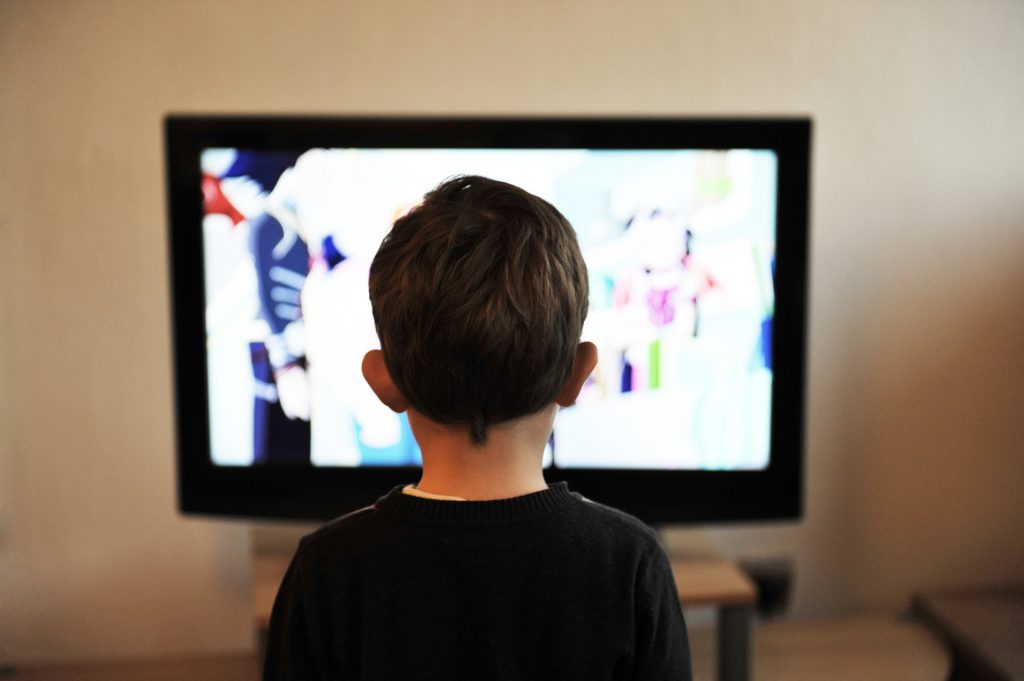Disclaimer: These are my views on how distractions can have a lasting effect on the minds of kids. Any resemblance to practices followed in anyone’s household is purely coincidental. If it helped even one reader gain a perspective, then the effort was worth it. – Author
The World full of Distractions
Based on my own teaching experience and observation and study of child psychology, I describe below what I consider are 3 major distractions in the process of bringing up children in the 21st century.
Pavlov’s Dogs
“It is very difficult to get my child to eat so we play cartoons on TV and it makes life easy”, said a friend to me the other day. I see that in my household too. This made me think about the consequence of this action.
Being a Physicist, a professional hazard is to search for the consequence of any action. Also as a child psychology enthusiast and a counsellor, I think it is important to look ahead and figure out the troubled ocean we will enter with our kids when they grow with this training.
Why does a child not eat on time, sleep on time and poop on time? The answer is simple: they eat, sleep and poop at their time. The “on time” is a parameter we have fixed for our adult lives. So we are inducing other habits in order to make them eat or sleep at a time that is convenient for us.
Now, this habit of entertaining kids with cartoons is a very dangerous practice as it develops into addiction very soon in young minds. I am talking about Pavlov’s theory of Classical Conditioning. Yes, children get addicted to TV because parents are pushing them and TV and meals invariably get connected to each other in the child’s mind. So, I suggest parents to stop doing it. I know I am not an expert on child-rearing, however, I urge parents of young children to read about Pavlov’s research.
It does seem that we train our kids like “Pavlov’s dogs”. It helps to find creative ways to engage the child during meal times. Needless to say, the child’s Paediatrician can give the most useful advice on specific meal-time challenges.
7 Herculean tasks
“My son goes to Music on Mondays and Wednesdays, TT on Tuesdays and Thursdays, Swimming on Saturdays, please engage him on Fridays with Maths and Science classes. I can bring him on Sundays too if you want” said a young lady to me about her 7-year-old.
This made me think, that the child is getting trained to become Hercules and will go on a journey of life resenting his parents for killing his childhood. Sometimes I think people should not have access to results of academic research, because I have often seen people fancifully using half-baked knowledge to throw some jargon and make friends and peers believe that they are smart.
Although I do believe in and advocate Multiple Intelligence theory by Howard Gardner, I do not agree that by making children do multiple things at the same time we are making them smarter than others; whatever may be the parents’ reasoning. We are only making them busy and stressing their heart to give up sooner in life.
The mind has an infinite capacity to learn, over a very long time. Sometimes, I feel like screaming at some parents “For God’s sake, their abilities come with genetic limitations; so get a good look at yourselves first”. Only if you are Zeus, you can give your child “Herculean tasks”.
The Google Curse
“My children know how to operate a computer and a smartphone better than me. They know everything and are very fluent with the Internet”, I overheard a lady at the ticket counter telling a friend of hers. Some time ago a teacher told me “today, students Google everything and are not interested in the class to learn”. I will tell you, my grandfather had difficulty understanding the TV remote and thought I was a genius. So, where does this go and how does this end!
Every generation has different realities and just because a kid can use a tool early in life doesn’t make him/her a genius and hence assuming that would be a big mistake. Also, access to online search without supervision will sometimes lead to undesired results. Children can get exposed to materials that are not age-appropriate. Also, non-curated content could mislead the child to believe that whatever they read is right; and lead them to get into baseless arguments and discussions that are seen nowadays very frequently on social media. I call this uncontrolled access to unedited content on the internet “The Google Curse”.
The three distractions [TV, excessive activity, and the Internet] that I am highlighting here are very common and appear harmless as they are convenient means for parents to engage their children, but have a lasting impact on the life of the next generation. Here, one can see that the first distraction is convenience induced, the second is pride induced and the third is ignorance induced.
Kids learn convenience is better than conviction, it is better to be busy than productive and it should be right because it is on the Internet.
Give serious thought to this and next time you engage your child in an attempt to keep them busy, ask yourself if the distraction is worth it.
Featured image credits: Image by Vidmir Raic from Pixabay
tl;dr
There are simple ways to remove distractions for your children. You can also redirect them towards a more positive outcome.
Sriraghavan S M
Latest posts by Sriraghavan S M (see all)
- Why self-directed learning is the need of the hour - 2 July 2021
- Discovering my teaching method - 8 January 2021
- Finding Balance - 23 October 2020
- A case for Alternative Learning - 9 October 2020
- Why I am a teacher - 4 September 2020

